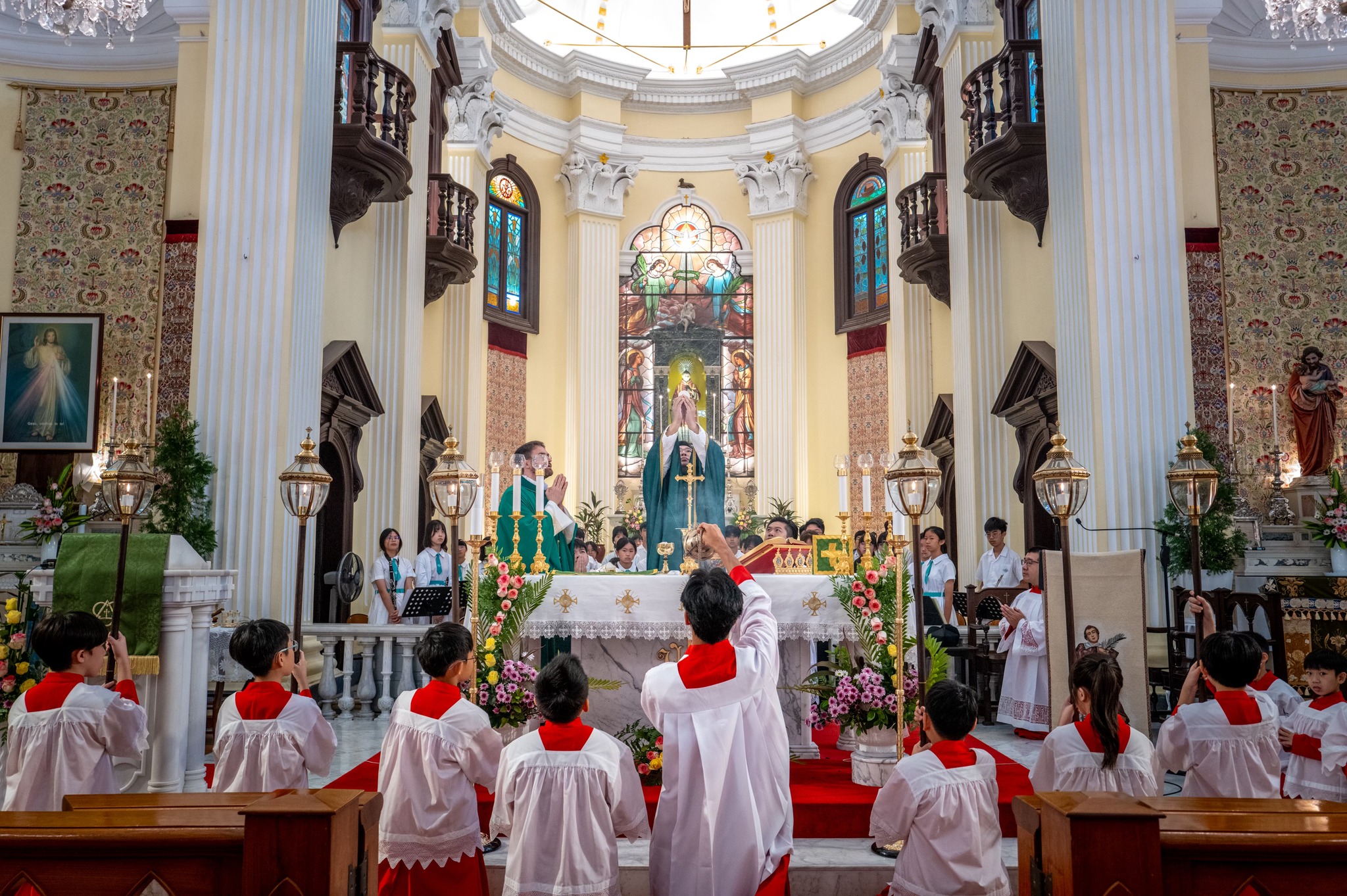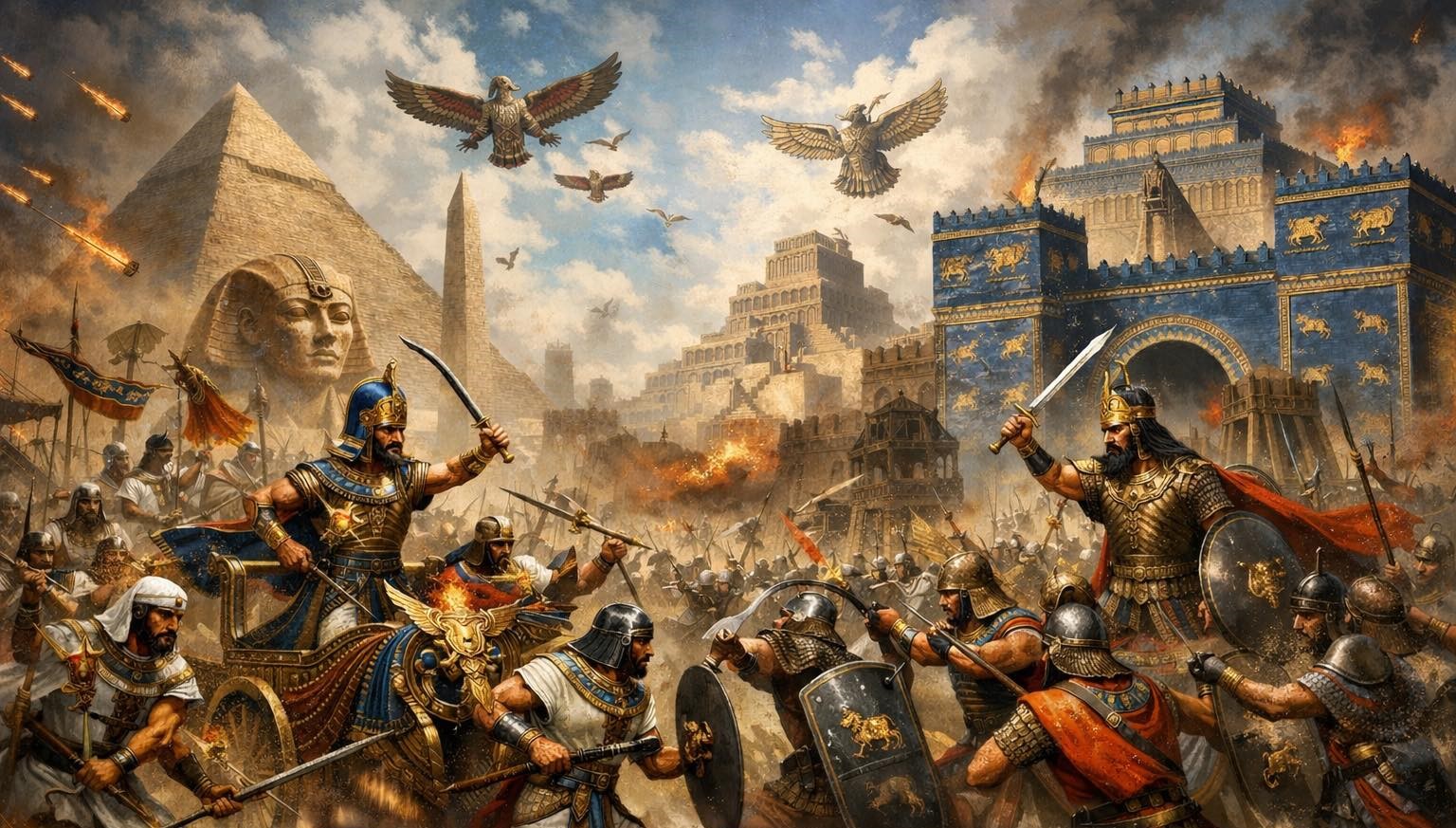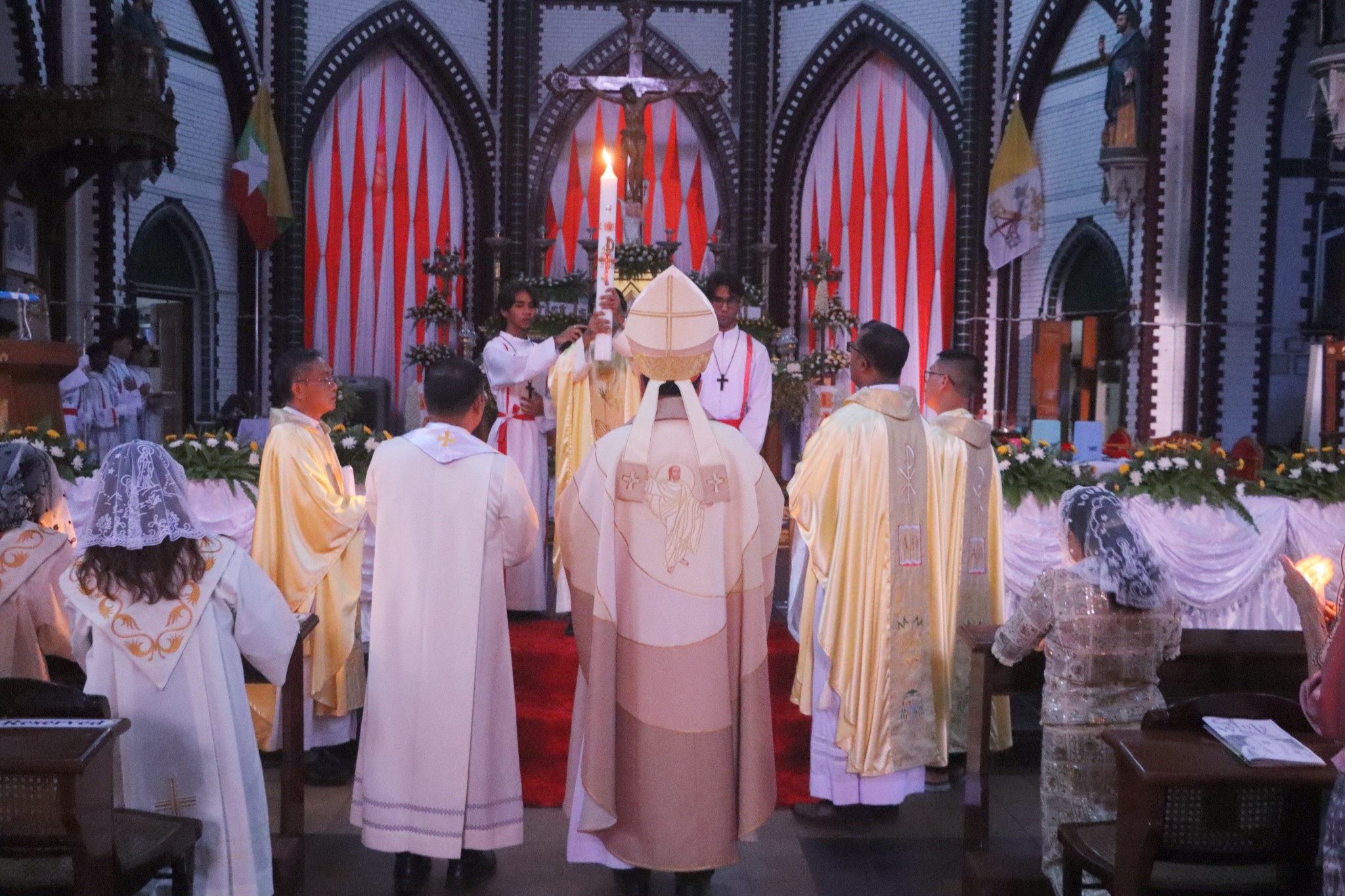PHOTO: meineresterampe at Pixabay
– Fausto Gomez OP
With many others, I am against what is called being “politically correct,” against fake news, against post-truth. In two pieces, I wish to reflect first on the invasion of “fake news” today and how to face it in the perspective of Christian faith. The second piece is on the truth that will make us free and happy – free to love.
THE CONTINUING PATH OF LYING
Cheating and lying have been practiced from the beginning of history: the serpent sold Eve fake news. Today, we live in a world inundated by “fake news,” “alternative facts,” manipulation of truth, hypocrisy, lies and political correction. Writer Michiko Kakutani has just published a book in USA entitled The Death of Truth. Notes on Falsehood in the Age of Trump.
The Oxford Dictionaries Word of the Year 2016 was “post-truth” that is defined as “relating to or denoting circumstances in which objective facts are less influential in shaping public opinion than blind emotions and personal opinions.” Indeed, it seems that we live in a post-truth world, where truth and lies are not ethically different, where fake news and true news, real facts and alternative facts are indistinguishable. Our era is called “the era of post-truth politics,” of the so-called “decisionism” – “the truth” comes from the source, namely a political party, a company, a web page, a school of thought, dictatorships of right or left that decide for all its members or subjects what is truth, what is right for them – often regardless of objective truth.
Generally, in our secular, relativistic and post-modern context, the lies presented are not totally lies, but lies mixed with some truth: “A lie must have a high percentage of truth so that it will be credible. For the same reason, a lie will be more effective if it is psychologically linked one hundred per cent to some truth” (Niceto Blázquez).
Moreover, if one speaks the truth he or she will surely be disqualified or attacked personally by the promoters of post-truth so that the lie will prosper. Writes Alex Grijelmo: “People realize soon enough that it is dangerous to defend certain opinions, and desist from defending them for the greater glory of post-truth, post-lie and post-censure.” Words often quoted from Hanna Arendt: “Truth has a despotic character. It is therefore hated by tyrants who rightly fear the competition of a coercive force they cannot monopolize.”
JESUS IS TRUTH
We go to the Sacred Scriptures for enlightenment. The prophet Jeremiah’s laments the false and deceptive visions of false prophets (Lam 2: 14). For his part, Isaiah condemns the trans-valuation of values: “Ah, you who call evil good and good evil, who put darkness for light and light for darkness, who put bitter for sweet and sweet for bitter” (Is 5:20). The Psalmist proclaims: “No one who practices deceit / Shall remain in my house; / No one who utters lies / Shall continue in my presence” (Ps 101:7). The wise man prays: “Put falsehood and lying far from me; give me neither poverty nor riches, but the necessities of life” (Pr 30:8); “Deliver me, O Lord, / from lying lips, / from a deceitful tongue” (Ps 120:2).
The apostle Thomas asked Jesus for the road to follow: “Lord, we do not know where you are going, so how can we know the way?” Jesus answers him: “I am the Way, I am Truth and Life! No one can come to the Father except through me” (John 14: 5-6). In the Sermon on the Mount, Jesus invites believers: “Let your word be ‘Yes, Yes’ or ‘No, No’; anything more than this comes from the evil one” (Mt 5:37); “If you make my word your home, you will indeed be my disciples, you will come to know the truth, and the truth will set you free” (Jn 8:31-32); “If the Son sets you free, you will indeed be free” (Jn 8:36). The truth will set us free: free to do good, free to love. True freedom is not freedom from the truth, but freedom in the truth (St John Paul II, Veritatis Splendor). Sin is not a true expression of freedom, but a failure in freedom. Jesus says: “In all truth, I tell you, everyone who commits sin is a slave of sin” (Jn 8:34). St Augustine writes in his Confessions: “When I was in sin, I had the freedom of a run-away slave.”
Like Pilate, many in our society keep asking: What is truth? (cf Jn 18:38). We do not want a partial truth, but the truth. For us Christians, Jesus is the Truth. As citizens and Christians, we have to continue searching for the truth about our political and social life, but we have to search it according to reason enlightened by faith, according to the Gospel as proclaimed by wise men and women and by true prophets – by the Prophet Jesus. Today we hear many self-proclaimed prophets, that is, false prophets: true prophets are reluctant prophets.
In our world, truth is often shaded, falsified and manipulated. A renewed global order will not be possible without truth. Truth is the basis of justice, and the continuing search for truth is the constant demand of a well-formed and right conscience. Indeed, un-truth is a kind of slavery. St Thomas Aquinas says that we cannot live in society without truth and without love.
THE PATH OF TRUTH
How do we journey to truth? The following recipe is simple – and it really works for many people! As St Catherine of Siena advises: we try to make the journey from the false self to the true self. The false self we are asked to leave is the selfish self, which is the source of our sins – of our “fake news,” of cheating and lying. The true self we are asked to approach is the true self, that is, the free and responsible self – the self that is united to God and in solidarity with others, especially the socially marginalized, the weak and the poor.
The true self searches for the truth with others with love, not with resentment! Resentment, hatred and pride do not lead to truth, but to more resentment, hatred, and falsehood – to unbridle emotions and passions. The true self says the truth and does the truth in love. He or she witnesses the truth of justice, kindness, and peace. St Dominic de Guzman asked from the young men who wanted to become Dominicans two basic attitudes: “first, accept the truth without fear, and second, turn the truth into daily life.”
Let me close this first article with a relevant Roman Proverb that says: “Magna est veritas, et praevalebit”: “Great is the truth and it will prevail.”


 Follow
Follow


